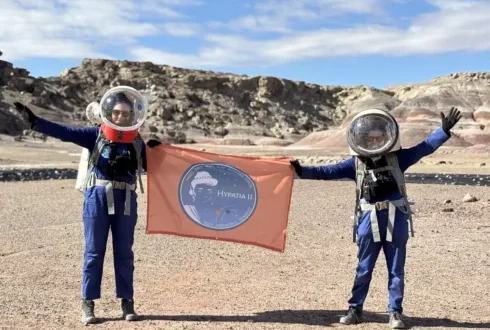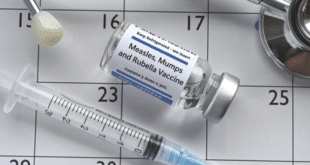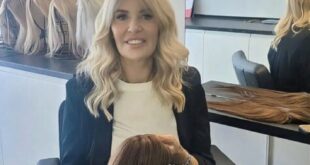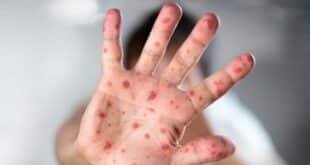The all-female Spanish crew demonstrated that menstrual fluid could be used to grow food and green sprouts on Mars.
The Hypatia 2 mission included seven Spanish scientists that spent two weeks at the Utah desert space research station between February 2 and 14.
Marina Martínez, geologist and head of the mission’s Green Hub said the team had planted white bean seeds in different pots made of glass and cardboard. In half of the pots, they mixed in menstrual blood from two scientists and water as a ‘natural plant fertiliser.’
The pots that contained the menstrual fertilizer had more roots, and sprouted quicker than the others.
“The fact that the plants have not died is already a success as a discovery,” Martínez said.
It’s amazing that no study has ever examined the effectiveness of menstrual blood as a natural fertilizer.
She said that this is a subject that deserves further research. In a mission where most food consumed is dehydrated, fresh green shoots would prove to be ‘very valuable’ Martínez continued.
The scientists also used menstrual cups to demonstrate that they could be used with spacesuits as well as in space.
The space women have made a big leap, as they usually suspend their periods with hormonal methods in order to prevent creating waste due to tampons or pads. Science communicator Jennifer García Carrizo told Spanish news agency EFE that was a result of the ‘historical masculinised view of science.’


Girls can do everything
One in ten astronauts is female. This project aimed to encourage more girls to consider a career in the space industry. Team artist Anna Bach, with a BSc in Mathematics and Computer Science, wrote and illustrated a children’s book called ‘The Mars Explorers’ based on the women’s space adventures.
Another area of the mission’s research was whether there was a gender bias on women’s bodies living in ‘Mars conditions.’ Women were restricted in their mobility and ate food to simulate life on Mars.
The study found that women who underwent anthropometry before the Utah expedition and after concluded they maintained their weight, strength and muscle mass, but lost muscle.
Each crew member used just 10.5 litres a day. This is much less than 140 litres a day that an average UK person uses.
The women used an X-ray Fluorescence Gun to analyze minerals and rocks that are similar to those found on Mars.
Hypatia Mars announced a new, exclusively female mission for 2027. The association began as a group of women from Spain’s Catalonia who wanted to work together in order to promote space science and females in STEM.
READ MORE
 Costa News Spain Breaking News | English News in Spain.
Costa News Spain Breaking News | English News in Spain.







